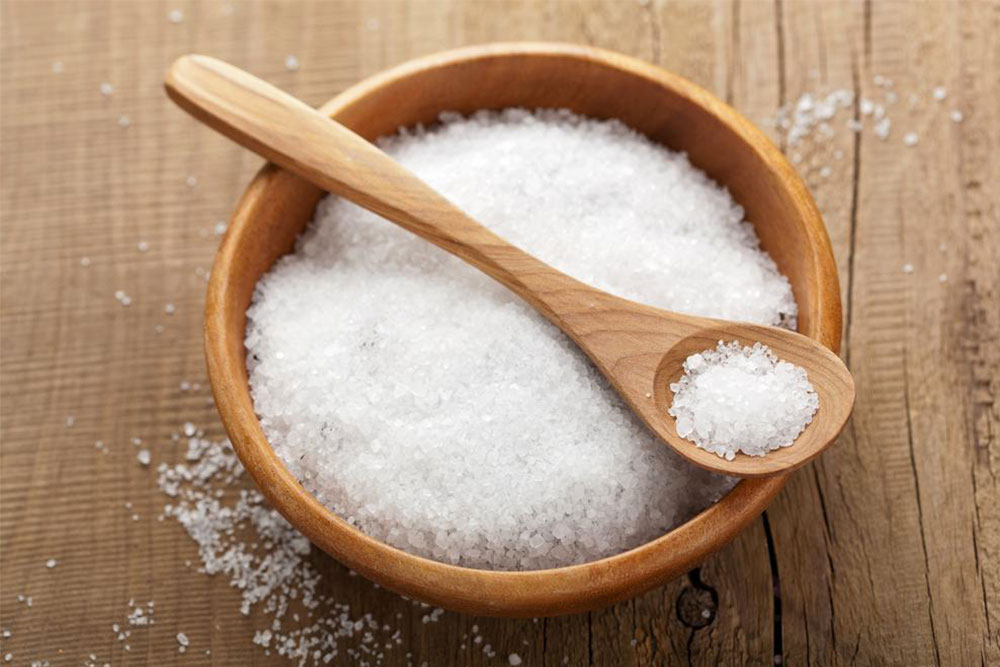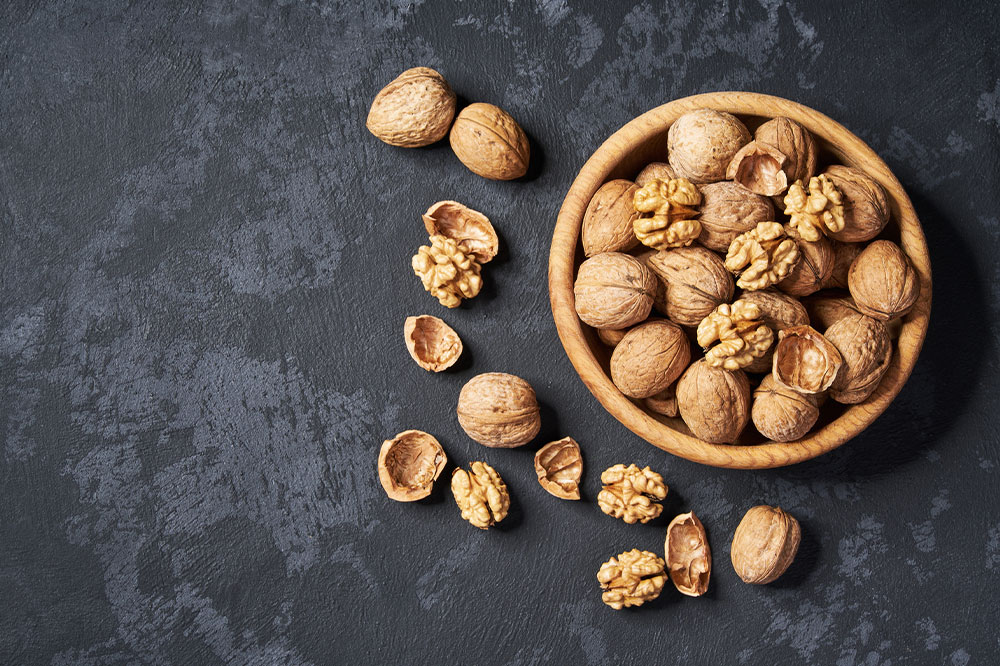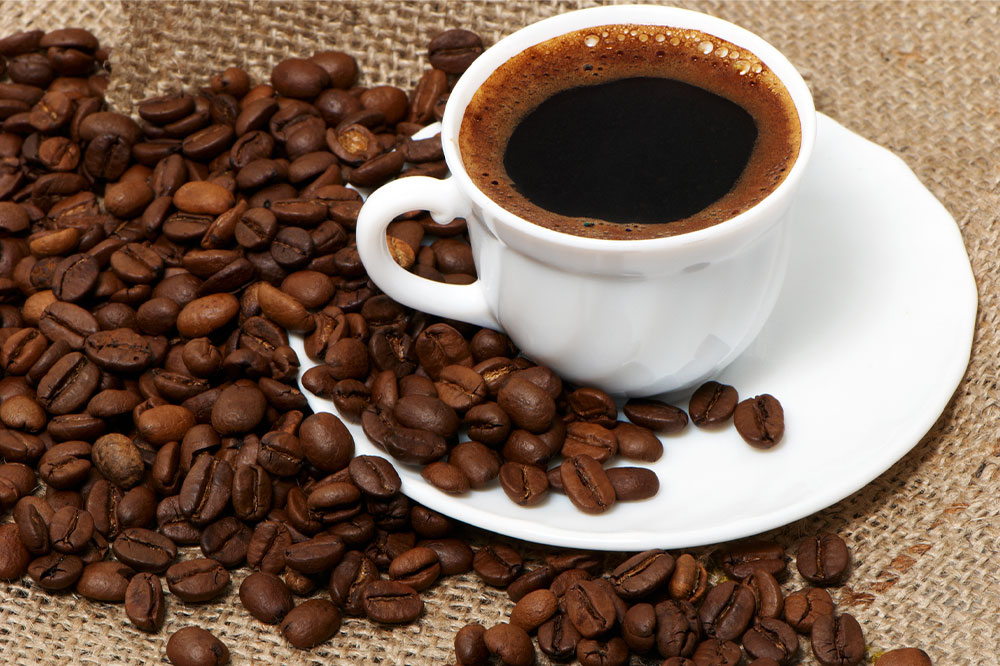Diet Tips for Managing Bipolar Disorder: Foods to Avoid
This article highlights dietary considerations for managing bipolar disorder, emphasizing foods to avoid such as caffeine, alcohol, sugar, salt, and unhealthy fats. Making mindful choices can help stabilize mood and improve overall health for individuals with bipolar disorder.
Sponsored

Diet Strategies to Support Bipolar Disorder Management
Unhealthy eating habits can contribute to various health issues, including their impact on mental health. Certain foods may trigger mood swings or even manic episodes in individuals with bipolar disorder. Although there isn’t a specific diet for bipolar management, avoiding certain items can help stabilize mood and enhance overall well-being. Here are some foods to be cautious about:
Caffeine: Caffeine can stimulate the nervous system, potentially triggering manic episodes and disturbing sleep patterns. As sleep deprivation is a known trigger for mood swings, limiting caffeine intake is advisable, especially before bedtime.
Alcohol: Alcohol can interfere with bipolar medications and worsen mood instability. Studies show that alcohol consumption heightens the risk of premature death among bipolar patients and may exacerbate symptoms.
Sugar: Excess sugar intake is linked to increased manic episodes and weight gain. Managing sugar consumption by choosing fruits over sweets can support mood stability and overall health.
Salt: For those on lithium, maintaining a balanced salt intake is crucial. Fluctuations can affect medication effectiveness. Staying within recommended sodium levels and staying hydrated prevents dehydration-related health issues.
Fats: Limiting trans and saturated fats, particularly fried and processed foods, benefits heart health and medication effectiveness. Opt for lean meats and low-fat dairy to promote better health and mood management.
Incorporating these dietary adjustments can improve mental health, support mood stability, and promote physical wellness for those with bipolar disorder.






